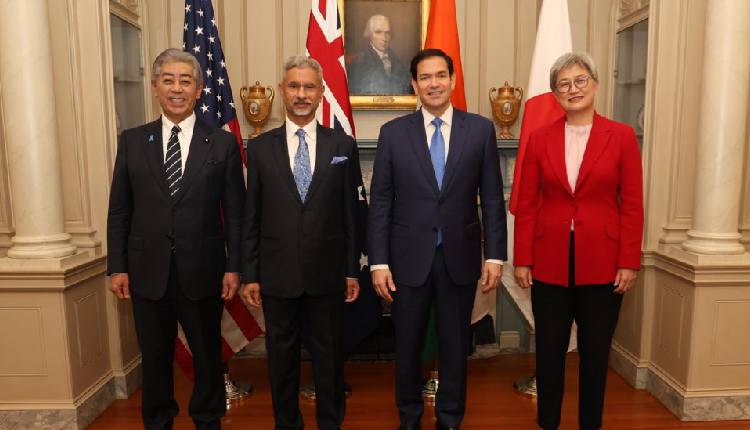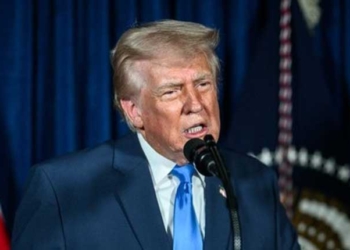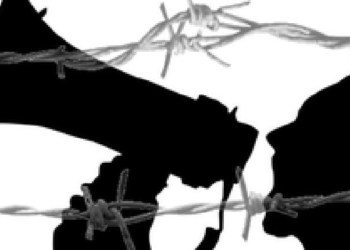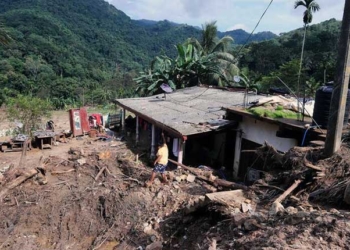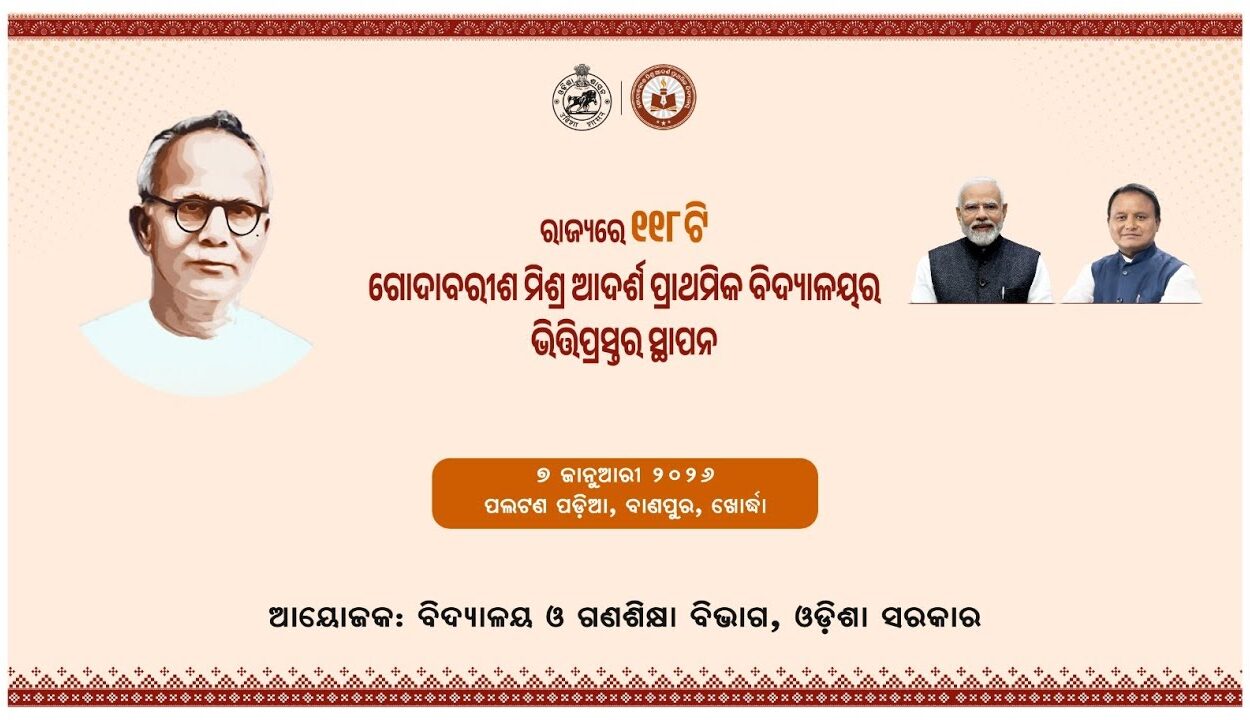New Delhi: The Quad Foreign Ministers have reaffirmed their steadfast commitment to a free and open Indo-Pacific, and opposed any unilateral actions that seek to change the status quo by force or coercion.
“We underscore our commitment to defending the rule of law, sovereignty, and territorial integrity. As four leading maritime nations in the Indo-Pacific, we are united in our conviction that peace and stability in the maritime domain underpin the security and prosperity of the region. We are committed to a region where all countries are free from coercion and strongly oppose any unilateral actions that seek to change the status quo by force or coercion,” read a joint statement issued from the Quad Foreign Ministers’ Meeting in Washington on Wednesday.
US Secretary of State Marco Rubio, Indian External Affaris Minister S. Jaishankar, Australian Foreign Minister Penny Wong, and Japense Foreign Minister Takeshi Iwaya met in Washington on Tuesday (US time) discussing the opportunities and challenges in the Indo-Pacific and how to further harness the strengths and resources of the Quad to advance peace, security, and prosperity, working with the regional partners.
“To ensure the Quad’s enduring impact, we are pleased to announce today a new, ambitious, and strong agenda focused on four key areas: maritime and transnational security, economic prosperity and security, critical and emerging technology, and humanitarian assistance and emergency response. Through this renewed focus, we will sharpen the Quad’s ability to leverage our resources to address the region’s most pressing challenges,” the statement added.
As Quad grouping advanced their shared objectives for the region, the statement mentioned that “the cooperation with and support for ASEAN and its centrality and unity, the Pacific Islands Forum and Pacific-led regional groupings, and the Indian Ocean Rim Association (IORA) remain unwavering.”
Their joint statement also spoke of threats to countries in the region from the use of force and coercion by China, but they did not name it.
“We remain seriously concerned about the situation in the East China Sea and South China Sea. We reiterate our strong opposition to any unilateral actions that seek to change the status quo by force or coercion. We express our serious concerns regarding dangerous and provocative actions, including interference with offshore resource development, the repeated obstruction of the freedoms of navigation and overflight, and the dangerous maneuvers by military aircraft and coast guard and maritime militia vessels, especially the unsafe use of water cannons and ramming or blocking actions in the South China Sea,” the statement mentioned.
While China was not mentioned, it had carried out all those actions against the Philippines, Vietnam, and South Korea, and it has been involved in disputes with Malaysia over offshore oil drilling.
The Quad Foreign Ministers stated that such actions threaten peace and stability in the region and also expressed serious concern about the militarisation of disputed features.
“We emphasise the importance of upholding freedom of navigation and overflight, other lawful uses of the sea, and unimpeded commerce consistent with international law, as reflected in the United Nations Convention on the Law of the Sea (UNCLOS). We affirm that maritime disputes must be resolved peacefully and in accordance with international law, and reiterate that the award rendered by the Arbitral Tribunal on July 12, 2016, is a significant milestone and the basis for peacefully resolving disputes between the parties,” they stated.
The Foreign Ministers announced key initiatives that the Quad is advancing to strengthen maritime and transnational security, economic prosperity and security, critical and emerging technology, and support humanitarian assistance and emergency response across the Indo-Pacific.
To strengthen the Quad’s ability to carry out relief in natural disasters, the ministers said they plan to host the first Quad Indo-Pacific Logistics Network field training exercise this year to strengthen shared airlift capacity and leverage their collective logistics strengths to respond to natural disasters more rapidly and efficiently, providing support for regional partners.
As the Quad continues to evolve, the statement mentioned that the four democracies remain committed to deepening their cooperation in support of a free and open Indo-Pacific and ensuring the cooperation has an enduring impact on the region’s top challenges and opportunities in the 21st century.
(IANS)




